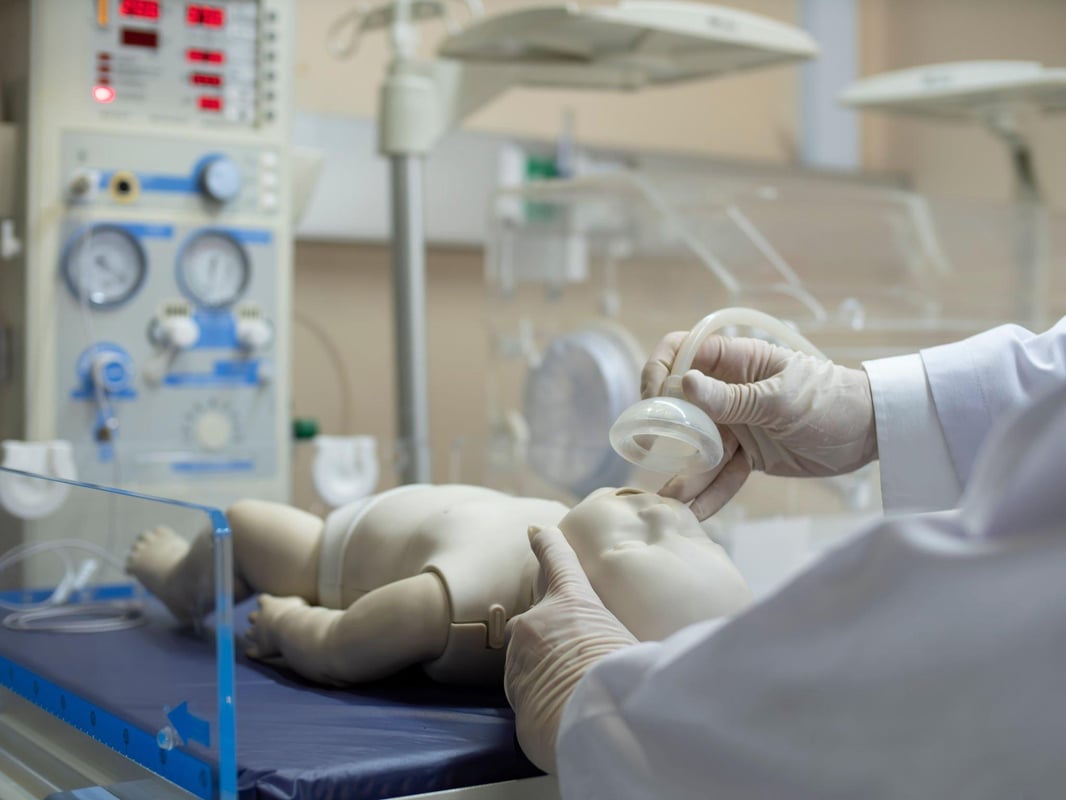
$191 to start
$2,200 total

Financial aid (may be available)

Financial aid (may be available)

$239 to start
$4,000 total
$276 total
$2,075 total
$270 total
$410 total
$365 total
$150 total
No cost info
$285 total
$150 total
No cost info
In the bustling city of Honolulu, a diverse range of vocational training programs await students eager to jumpstart their careers. One such program gaining momentum is Pediatric Advanced Life Support (PALS) training. Let's delve into what PALS is, how it can boost your career, and where you can find these courses in Urban Honolulu.

PALS is a clinical algorithm designed by the American Heart Association. It is a protocol followed by healthcare workers when providing care to critically ill pediatric patients, particularly those in cardiopulmonary distress. The PALS certification equips healthcare professionals with the skills and knowledge necessary to respond to life-threatening emergencies involving infants and children.
To enroll in a PALS class, you need to be a licensed healthcare professional. Nurses, physicians, paramedics, and respiratory therapists are typical students in PALS classes. Prior knowledge in Basic Life Support (BLS) is also required, as PALS is an advanced course.
When searching for PALS classes, consider the following:
Accreditation: The class should be accredited by a recognized body such as the American Heart Association.
Course Duration: Typically, PALS courses last two days for first-time certification and one day for renewal.
Instructors: Ensure that the instructors are qualified and experienced in teaching PALS.
Hands-on Training: Practical skills are crucial in PALS, ensure the course includes hands-on training.
PALS classes usually involve a mix of lectures, video demonstrations, and hands-on training. Topics covered include:
Pediatric emergencies
Pediatric assessment
Basic life support skills
Effective resuscitation
Team dynamics
After completing the course, students take a written exam and a hands-on skills test. Upon passing these assessments, students receive a PALS Provider Course Completion Card, valid for two years.
can provide more insights into this profession.
After acquiring PALS certification, you can further enhance your skills with the following classes:
Advanced Cardiac Life Support (ACLS): This course offers advanced training in dealing with cardiac emergencies.
Neonatal Resuscitation Program (NRP): This course focuses on the resuscitation of newborn infants.
Urban Honolulu is teeming with vocational training opportunities beyond PALS. Here are a few notable ones:
Pharmacy Technician: This program prepares students to assist pharmacists in dispensing medication to patients. For more information, check out How to Become a Pharmacy Technician in Hawaii.
Medical Assistant: This program trains students to perform administrative and clinical tasks in the healthcare sector. To learn more, visit How to Become a Medical Assistant in Hawaii.
Respiratory Therapist: This vocational program enables students to provide care for patients with respiratory disorders. More details can be found at How to Become a Respiratory Therapist in Hawaii.
Before you begin your PALS classes, consider the following tips to ensure success:
Review the PALS Provider Manual: Familiarize yourself with the material covered in the course.
Brush up on Basic Life Support (BLS) skills: BLS is fundamental to PALS, ensure your skills are up-to-date.
Participate actively in class: Engage in discussions and hands-on training to gain a deep understanding of the course material.
PALS certification is a valuable credential for healthcare professionals in Urban Honolulu. Not only does it expand your skill set, but it also makes you more competitive in the job market. Remember, the journey to becoming PALS certified doesn't end with the course. Continuous learning and practice are essential to maintain and enhance your skills. Happy learning!
Dreambound has put together numerous guides to help you navigate the certification process in this field, tailored for various cities. For insights into the process or requirements in other states, see some of our additional guides below.
Thinking about making a big change in your career path? It's important to be well-informed before starting off on your journey. Dreambound has written hundreds of in-depth guides to help. Explore some of these resources below.
Dreambound's platform allows prospective students to find the right educational program for them through searching, filtering, and connecting with our extensive selection of career & technical education partners.
Dreambound has over 70 programs across healthcare, technology, business, and industrial trades. This includes programs such as Medical Billing, Cybersecurity, and welding.
Some of our schools offer financial aid for those who qualify. Many others offer payment plans, where you can pay the cost of class over time.
Yes, Dreambound offers many online programs. On Dreambound's search, you can filter by online, in-person, and hybrid (part online, part in-person).
Dreambound is completely free for you to use! We are supported by schools and organizations who pay to advertise on our website, so we can offer all of our career resources for free.